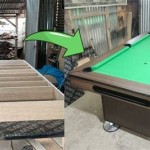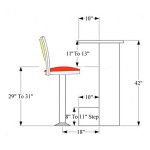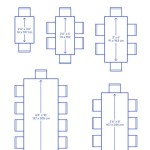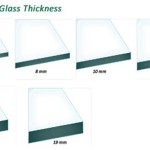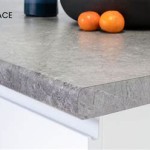Essential Aspects of Standard Study Table Measurements
Establishing a conducive study environment is crucial for academic success, and selecting a study table with appropriate dimensions is an integral part of this. Standard study table measurements ensure optimal comfort, posture, and overall productivity. Here are the key aspects to consider when choosing a study table:
Height
The height of the study table should allow for proper posture and minimize strain on the neck and shoulders. Generally, it's recommended to have a table that aligns with the user's elbows when seated in a neutral position. A standard height for study tables ranges between 28-30 inches (71-76 cm).
Width
The width of the study table should provide ample space for books, stationery, and other study materials. A standard study table width varies between 48-60 inches (122-152 cm). This allows for comfortable arm movement and prevents feeling cramped during study sessions.
Depth
The depth of the study table refers to the distance from the front edge to the back. A sufficient depth ensures that users have enough space to spread out their materials and work comfortably. Standard study table depths range from 24-30 inches (61-76 cm), providing ample room for books, laptops, and other essentials.
Material
The material used for the study table plays a significant role in its durability, stability, and aesthetics. Common materials include wood, metal, and plastic. Wood provides a classic and durable option, while metal offers a modern and sleek appearance. Plastic is generally lightweight and affordable, but may be less durable than other materials.
Adjustability
For optimal ergonomic comfort, consider choosing a study table with adjustable features. Adjustable height allows users to customize the table to suit their individual height and posture. Additionally, some tables offer adjustable tilt angles, which can be beneficial for specific tasks such as drawing or writing.
Additional Features
Beyond the essential measurements, some study tables also incorporate additional features that enhance functionality and convenience. These may include built-in drawers or shelves for storage, cable management systems to organize cords, and ergonomic designs that promote good posture and minimize strain.
When selecting a study table, it's important to consider the specific needs and preferences of the user. Taking into account the standard measurements outlined above will ensure a comfortable and productive study environment that supports academic success.

Study Table Dimensions Free Dwg Layak Architect

Study Table Standard Size Free Dwg Layak Architect

S By Type
Standard Office Study Table Dimensions In Malaysia Which Desk Size Is Best For Your Workspace Frwd By Cuura Space

Pin Page

Pin Page

Kids Study Table Ben Writing Desk Gkw Retail

Desk Height Calculator

This Is Why Desk Height Matters For Your Posture Arteil

Standard Sizes And Dimensions Of Home Furniture Engineering Discoveries

